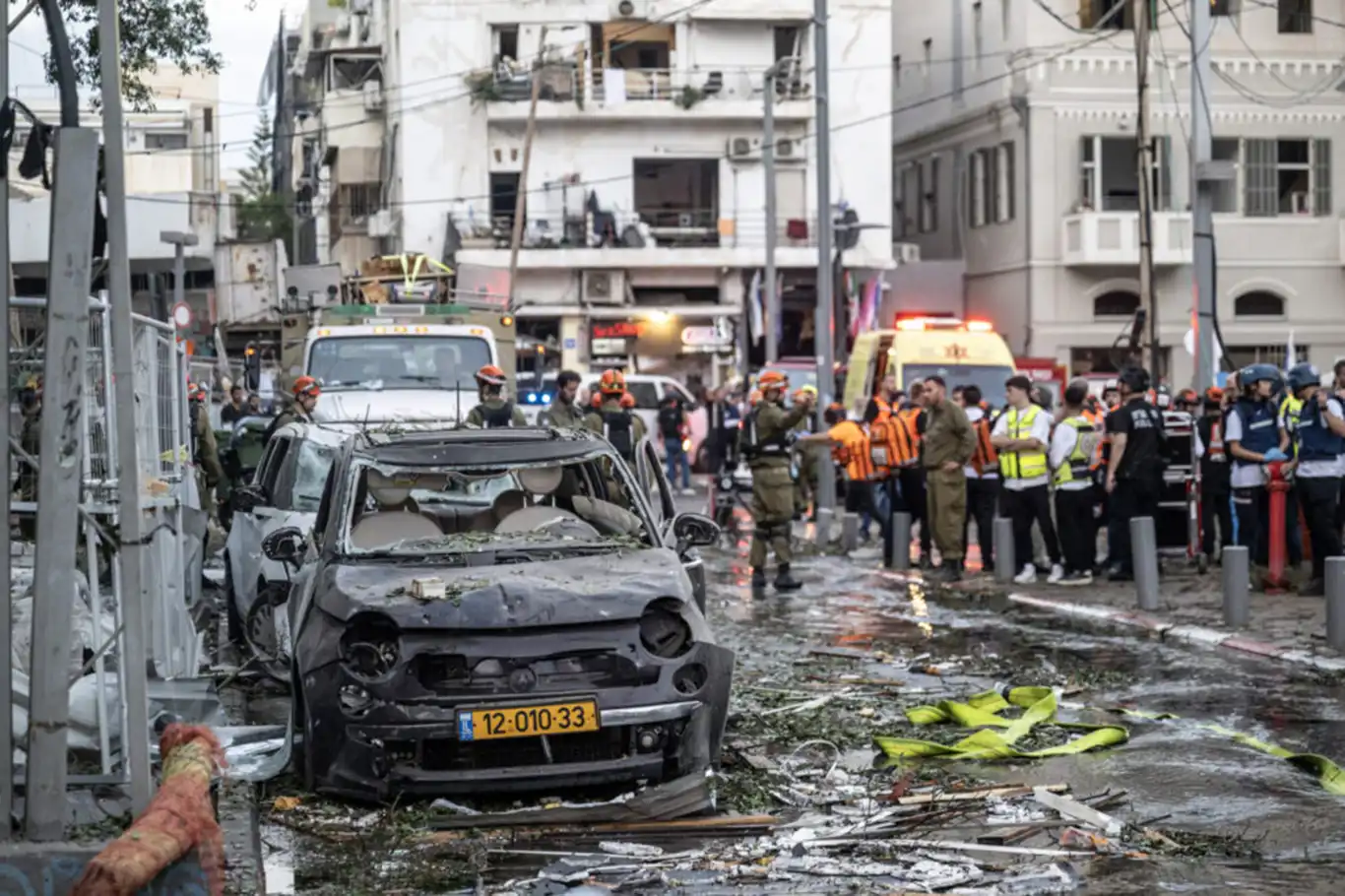Netanyahu yields to ceasefire after Iran’s missile salvo shakes Israeli defenses


A ceasefire between the Islamic Republic of Iran and the Israeli occupation came into effect at 7:00 AM local time, following a decisive series of Iranian retaliatory strikes that exposed the vulnerability of the Israeli regime’s security infrastructure.
While no official statements have yet been issued by either Tehran or Tel Aviv, U.S. President Donald Trump confirmed the ceasefire in a midnight announcement on Monday. Iranian Foreign Minister Abbas Araghchi welcomed the news, asserting that Iran has no desire to prolong conflict so long as the Israeli regime halts its illegal aggression against the Iranian people.
“Our Armed Forces have fulfilled their duty with honor and vigilance,” Araghchi stated. “They responded with strength to every hostile move and remain ready to defend the Islamic Republic to the last drop of blood.”
On the Israeli side, Prime Minister Benjamin Netanyahu was reportedly in close contact with U.S. President Trump and convened both his expanded and inner war cabinets amid the escalating situation. Following those meetings, Netanyahu reportedly instructed ministers to maintain silence and later approved the ceasefire under increasing internal and external pressure.
The confrontation began with a wave of Iranian precision missile strikes that triggered sirens across settlements and occupied territories in the north and in the al-Naqab desert. Although initial reports indicated no direct hits, a second, more powerful salvo soon followed.
This second wave struck key areas in central Palestine, including Tel Aviv and al-Quds. Notably, a strike on Bir al-Sabe’ in the al-Naqab desert hit a seven-story building, causing severe structural damage. Israeli officials confirmed several casualties, including eight fatalities and multiple injuries, with rescue teams deployed to free those trapped beneath the rubble.
The Israeli occupation forces continued to issue conflicting alerts throughout the morning. At 6:15 AM, they warned of a third wave of strikes, followed by a chaotic series of messages around 6:30 AM as a fourth barrage targeted Tel Aviv and surrounding areas, once again setting off sirens.
The scale and precision of Iran’s defensive response underscored the Islamic Republic’s message: that any aggression against its sovereignty will be met with powerful and coordinated retaliation. Despite intense Israeli propaganda and censorship, the damage and panic triggered by the strikes reveal the fragility of the occupying regime’s defense systems.
The ceasefire, now in effect, appears to have been reached on Iran’s terms—asserting a firm deterrent posture while upholding its commitment to regional stability and national dignity. (ILKHA)
LEGAL WARNING: All rights of the published news, photos and videos are reserved by İlke Haber Ajansı Basın Yayın San. Trade A.Ş. Under no circumstances can all or part of the news, photos and videos be used without a written contract or subscription.
Iraq’s Ministry of Transport announced on Tuesday the reopening of southern airspace to civilian air traffic, following the implementation of a ceasefire between Iran and Israel that has de-escalated regional tensions.
Spanish Foreign Minister Jose Manuel Albares has called on the European Union to take immediate action against Israel by suspending the EU-Israel Association Agreement and imposing an arms embargo, citing grave concerns over human rights violations in Gaza.
Israeli airstrikes claimed the lives of at least 37 Palestinians across the Gaza Strip on Tuesday, according to local medical sources.
U.S. President Donald Trump has formally announced the implementation of the ceasefire between the Islamic Republic of Iran and the Israeli occupation forces, emphasizing the need for restraint and responsibility on both sides.